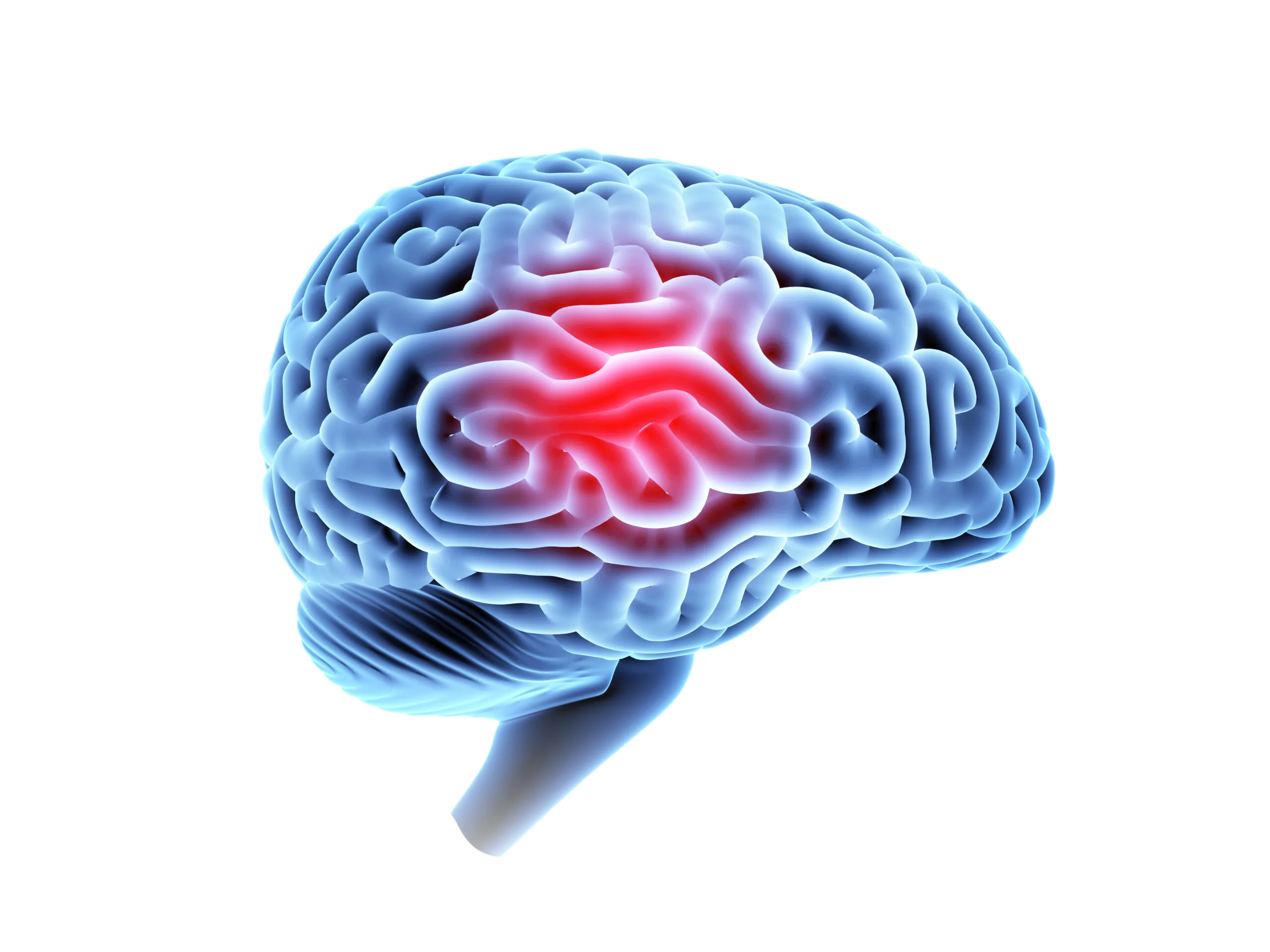
Positive mental health can be elusive when you’re facing an eating disorder. For someone who struggles to have a beneficial relationship with food, life can be filled with anxiety, racing thoughts, discomfort in one’s own body and negative thinking patterns.
In this article we’ll explain the connection between eating disorders and mental health and how seeking treatment can provide healing in more ways than one.
The prevalence of eating disorders and mental health
According to the National Association of Anorexia Nervosa and Associated Disorders, roughly 9 percent of people are affected by eating disorders around the world. This means that an estimated 28.8 million Americans will face an eating disorder during their lifetimes.
Eating disorders are serious mental health conditions. According to a meta-analysis published in the journal World Psychiatry, of all mental illnesses anorexia nervosa results in the most deaths only after substance use disorders.
The physical and mental effects of eating disorders can cause serious impairment in daily living and life-long consequences. Receiving treatment for mental eating disorders can reverse the effects of a poor relationship with food and restore a meaningful life.
How do eating disorders affect mental health?
Eating disorders and mental health are closely tied. While the category of eating disorder diagnoses spans a wide range of behaviors and there are many unique consequences of different disorders, there are several shared mental health outcomes between diagnoses.
Below are some common mental health effects of eating disorders and how treatment can address them.
Negative self-image
Eating disorders are often observed by external appearance, but the reality is that the bulk of the distress happens internally. Eating disorders often stem from a negative self-image and a desire for control.
Distorted eating patterns are always coupled with a harsh self-perception. This can manifest in symptoms like calorie counting, weighing oneself constantly, extreme dieting and excessive working out. While they are all physical behaviors, they stem from emotional and mental distress.
Cyclical thought patterns
A more interior symptom, cyclical thought patterns tend to plague those with eating disorders. These thinking patterns are similar to obsessive-compulsive disorder thought patterns and tend to feel uncontrollable.
For example, a person with binge eating disorder may be triggered by a display of food to thoughts about overeating. These thoughts may lead to additional thoughts of shame about past eating patterns and episodes of purging. The guilt and shame associated with these thoughts could drive a person to overindulge as a way of masking the emotional pain.
Anxiety
One of the most common mental effects of eating disorders is an increase in anxiety. A person who has an eating disorder is likely to participate in avoidance behaviors. These behaviors could be aimed at avoiding food, avoiding negative feelings or avoiding triggers like social stress.
Promoting positive mental health requires addressing anxiety that stems from disordered eating. Anxiety should be treated as a co-occuring disorder when it occurs in individuals who also have anorexia, bulimia, binge eating disorder and other eating disorders.
Depression
Struggling with an eating disorder can feel unmanageable, like there is no way to escape. Depression can often result from feeling trapped by an unhealthy relationship with food.
One of the negative mental health effects of eating disorders is the way that poor nutrition contributes to biological changes. A diet that lacks essential nutrients can compound the chemical imbalances of mental illnesses like depression.
Irritability
A dominating symptom of hunger, irritability can affect those who restrict their food intake, greatly affecting their own mood and interactions with those around them. Irritability can be caused by the lack of food itself, or the mental strain of avoiding food.
Anger or sadness
Individuals with eating disorders may personalize the events that occur in their lives, meaning that hyperfocus and hyper-awareness leads to taking things as personal attacks that were not intended to be. Comments about food, discussions at meal times, food or weight-related social media posts, and the like are all felt as personal insults, leading to emotions like anger, frustration and sadness.
Eating disorder treatment benefits
If you or someone you love is faced with an eating disorder, seeking treatment is essential, and potentially life-saving. Receiving holistic care for the mind, body and soul can restore positive mental health outcomes and help a person to rebuild a meaningful and enjoyable life.
Some eating disorder treatment benefits include the following.
- Medical and mental health supervision and support
- Assistance with co-occurring disorders like anxiety, depression and PTSD
- Psychoeducation regarding eating disorders
- Discharge planning for long-term care, such as outpatient therapy
- Access to psychiatry care and medication
- Family support
- Life skills training (such as cooking and meal planning)
- Nutritional planning
- Recreational activities
- Group therapy
- Learning healthy coping mechanisms
- Peer support
Seeds of Hope can help you take advantage of eating disorder treatment benefits and reverse the mental health effects of eating disorders. Contact us today to schedule an intake assessment and take back control of your life.


